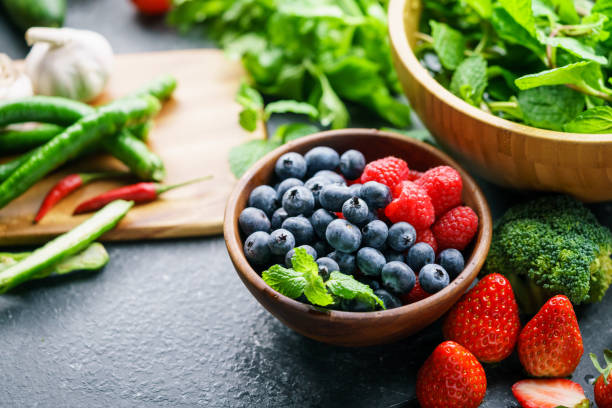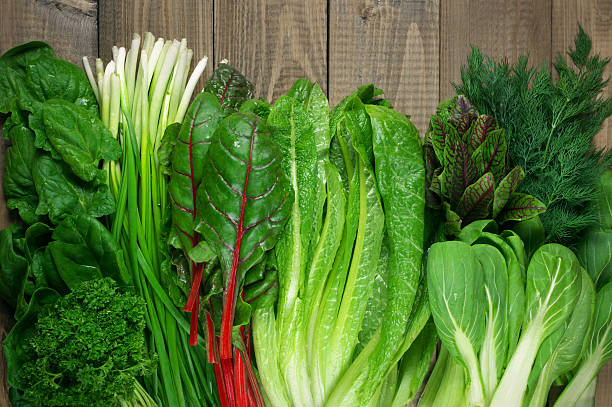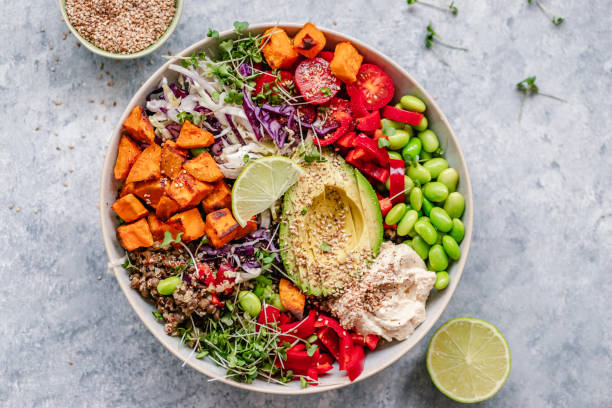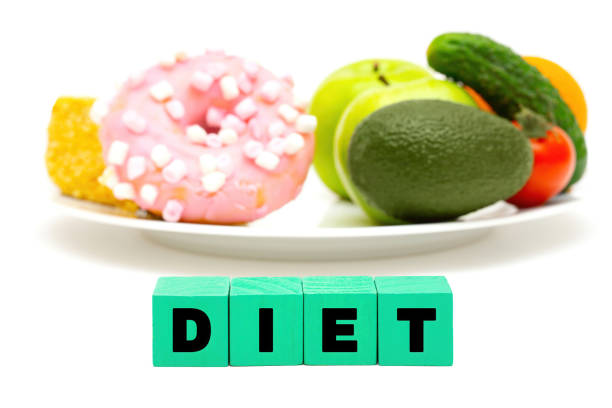The Anti-Inflammatory Benefits of a Diet Rich in Fruits and Vegetables
This post contains affiliate links. I may earn a commission at no extra cost to you if you make a purchase. Note that I’m not a health or outdoor safety professional, so further research is advised. Your support keeps Outdoors A-Z running—thank you! Read the full disclosure.. Read the full disclosure here.
Inflammation is a natural bodily response to injury or infection, but when it becomes chronic, it can lead to a host of health problems. Fortunately, there are ways to reduce chronic inflammation, and one of the most effective is through diet. In this article, we’ll explore the anti-inflammatory benefits of a diet rich in fruits and vegetables.
Table of Contents
What is inflammation?

Inflammation is a natural response by the body’s immune system to injury or infection. When you cut yourself, for example, the area becomes red, swollen, and warm. This is the body’s way of protecting the area from further damage and promoting healing. However, when inflammation becomes chronic, it can lead to tissue damage and a host of health problems.
The link between inflammation and disease
Chronic inflammation has been linked to a variety of health problems, including heart disease, cancer, and autoimmune disorders. In fact, many of the leading causes of death in the United States, such as heart disease, stroke, and diabetes, are associated with chronic inflammation.
The benefits of a diet rich in fruits and vegetables

One of the most effective ways to reduce chronic inflammation is through diet, and a diet rich in fruits and vegetables is particularly beneficial. Fruits and vegetables are loaded with anti-inflammatory compounds, such as vitamins, minerals, and phytochemicals. Here are some of the specific benefits of a diet rich in fruits and vegetables:
1. Lower risk of chronic diseases
A diet rich in fruits and vegetables has been shown to lower the risk of chronic diseases, such as heart disease, cancer, and diabetes. This is likely due to the anti-inflammatory compounds found in these foods.
2. Reduced inflammation
The anti-inflammatory compounds in fruits and vegetables can help to reduce chronic inflammation throughout the body. This can lead to a variety of health benefits, such as improved heart health and lower risk of cancer.
3. Improved gut health
Fruits and vegetables are high in fiber, which is important for maintaining a healthy gut. A healthy gut microbiome is crucial for reducing inflammation throughout the body.
4. Better weight management
A diet rich in fruits and vegetables can help with weight management, which is important for reducing inflammation. Obesity is a major risk factor for chronic inflammation and many related health problems.
How to incorporate more fruits and vegetables into your diet

Incorporating more fruits and vegetables into your diet doesn’t have to be difficult. Here are some tips:
1. Make fruits and vegetables the focus of your meals
Make fruits and vegetables the main component of your meals, rather than an afterthought. For example, try a stir-fry with lots of vegetables and a small amount of meat, or a big salad with lots of colorful veggies.
2. Keep healthy snacks on hand
Keep cut-up veggies and fruit on hand for quick and easy snacks. This can help you avoid reaching for less healthy options when you’re hungry.
3. Experiment with new recipes
Try out new recipes that feature fruits and vegetables. This can help you discover new flavors and textures that you enjoy.
4. Choose whole fruits and vegetables
Choose whole fruits and vegetables over processed options, which may have added sugars or other ingredients that can contribute to inflammation.
Final Thoughts
A diet rich in fruits and vegetables is one of the most effective ways to reduce chronic inflammation in the body. These foods are loaded with anti-inflammatory compounds, such as vitamins, minerals, and phytochemicals, that can help to lower the risk of chronic diseases, reduce inflammation, improve gut health, and aid in weight management. By incorporating more fruits and vegetables into your diet, you can help to support your body’s natural ability to fight inflammation and promote overall health and well-being.
FAQs
Can supplements provide the same benefits as fruits and vegetables?
- While supplements may contain some of the same compounds found in fruits and vegetables, they don’t provide the same benefits as whole foods. Whole foods contain a complex mix of nutrients and other compounds that work together to promote health.
Are there any fruits or vegetables that are particularly anti-inflammatory?
- Many fruits and vegetables have anti-inflammatory properties, but some of the most potent include berries, leafy greens, cruciferous vegetables (such as broccoli and cauliflower), and citrus fruits.
Can a diet rich in fruits and vegetables help with arthritis?
- There is evidence to suggest that a diet rich in fruits and vegetables can help to reduce inflammation in the body, which may be beneficial for people with arthritis. However, more research is needed to confirm these findings.
Is it better to eat fruits and vegetables raw or cooked?
- Both raw and cooked fruits and vegetables can provide health benefits. However, cooking can sometimes help to release more of the nutrients and other beneficial compounds in these foods.
How many servings of fruits and vegetables should I aim for each day?
- The recommended daily intake of fruits and vegetables varies depending on age, sex, and activity level. However, a good general guideline is to aim for at least 5 servings per day.















